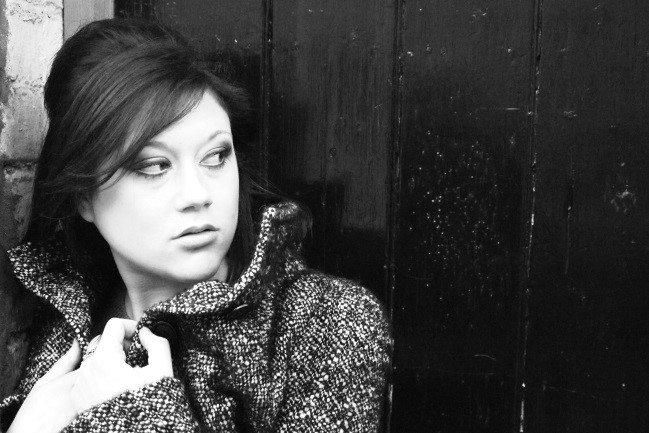HTV’s desperate letter provided inspiration for young Bangor composer Ellie Davies who has dedicated her most recent work ORDINARY MEN to the servicemen from North Wales who lost their lives in the Great War.[1]

Written in operatic form, the work consists of five movements and when composing the fourth movement – Night Terrors – Ellie looked at the anonymised case notes of some of the soldiers who, as a result of their experiences at the front, were admitted to Denbigh Asylum during or immediately after the war. In her own words, Night Terrors ‘depicts the nightmares of men returned from battle adjusting to life at home’.[2]
Scored for mixed choir and a wind ensemble of flute, oboe and bass clarinet the movement includes snatches of songs which would have been familiar to the men from their childhood in North Wales, the lullaby Suo Gan and a hymn which they are known to have sung in the trenches to boost morale Guide me O thou Great Redeemer.
The voices in Night Terrors have a dual purpose with soloists singing direct quotes from the asylum notes while the chorus expresses the raw delirium of a man trapped within his nightmare. The adapted Suo Gan lullaby is repeated at intervals throughout the movement predominantly by the female voices (soprano and alto) representing the attempts of wives and mothers to soothe their distressed husbands and sons.
The following asylum case note perhaps best sums up the theme of Ellie’s sung libretto:
‘Many who are unable to speak voluntarily yet call out in their dreams expressions they have used in trench warfare and battle’
but she has also incorporated the ‘breaths’ and ‘gasps’ of asylum patients in her work and in fact the work opens with ‘audible breaths in all vocal parts’.
Ellie envisages the case notes being acted out on stage with the intensity of the action emphasised by a flickering light focused on a projection of the empty Eisteddfod chair, Hedd Wyn’s ‘Black Chair’, representing all the empty chairs in all the households that sacrificed a young man to WWI.
The first two movements of ORDINARY MEN – Y Caban and Zero Hour – were performed at the Bangor New Music Festival in March 2016 and the third movement Silent Refrain was workshopped by the BBC National Orchestra of Wales Wind Ensemble in Cardiff in April 2016.
Ellie is hoping that the whole work will be performed next year with the possibility of a recording.
Footnotes
[1] The poet Hedd Wyn’s mother referred to the soldiers who fought alongside her son as ‘ordinary men’ – ordinary men caught up in extraordinary times.
[2] Since graduating from Bangor University with a BMus in 2009 Ellie has worked on a number of community music projects. The performance event Gladstone Fired Up! which she conceived and co-directed originated from a workshop devised by Ellie using her own original music to explore the history of a working pottery museum in Staffordshire. She took a version of this workshop to the Arts and Humanities Research Council’s ‘Connected Communities Festival’ in Cardiff in 2014. Ellie is pleased to be back in Bangor now and looking forward to composing and directing more of the community music she enjoys.
